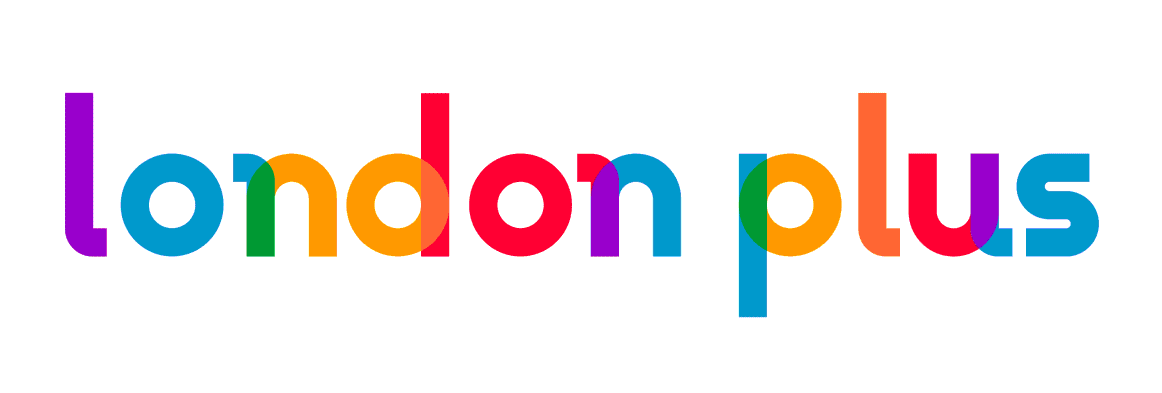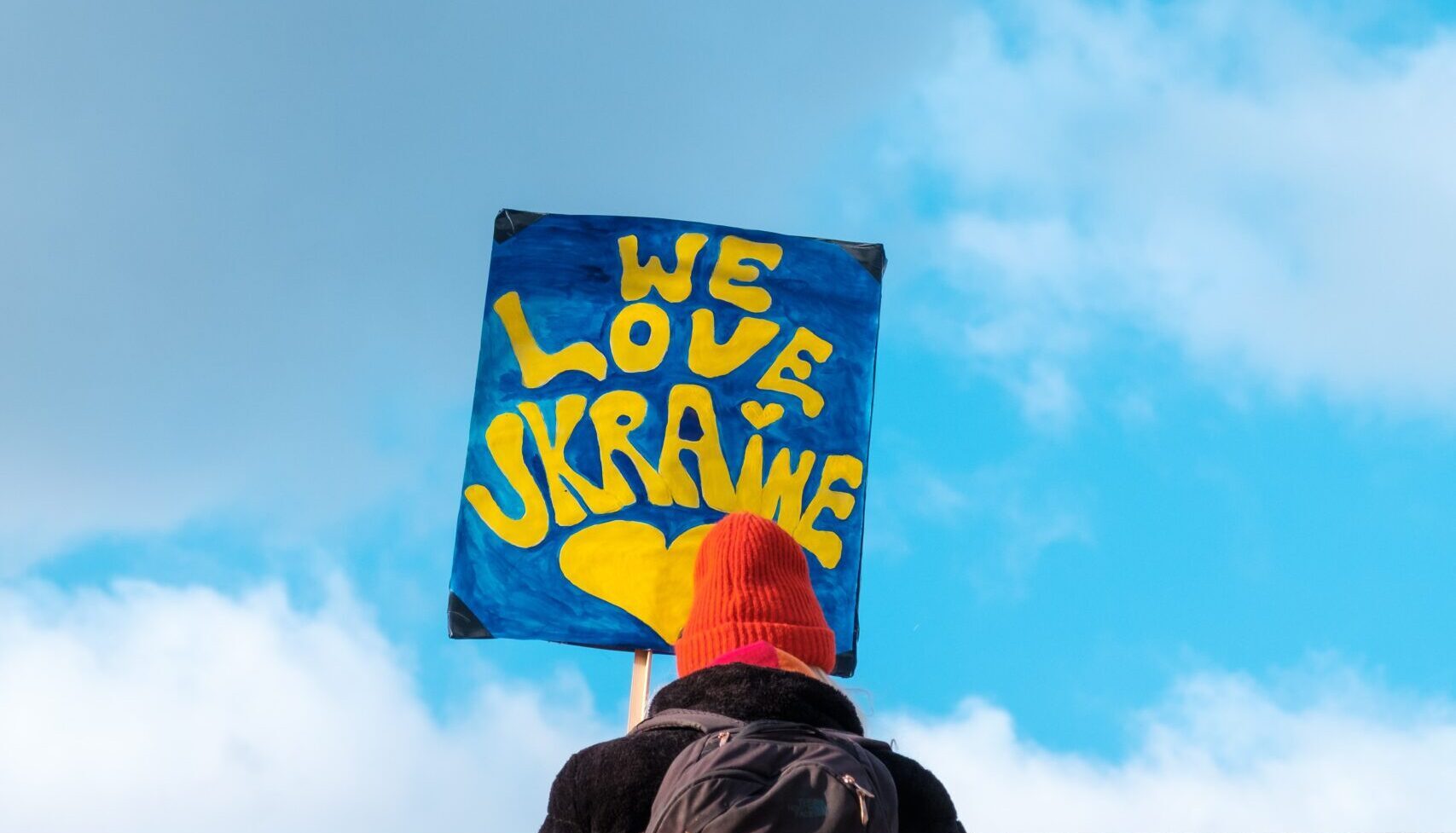In this blog, we outline London Plus’s response to the war in Ukraine. A key part of this response was to collate information on London’s charities and community groups into a single Ukraine support document.
The document highlights the work of London-based and international organisations supporting those affected by the war. It has been very popular, and we thought we would explain the thinking behind our approach in case this is of interest to partner organisations in London and nationwide.
London Plus supports charities and community groups across London. We do this by collecting data and insights, as well as representing the voice of the sector to policymakers. We do not deliver any front-line services directly; information is our currency. Therefore, our work includes increasing the quality and accessibility of information. By doing this, we aim to better serve both the sector and the general public.
Background: The Afghan crisis of 2021
The Afghan crisis in the summer of 2021 helped provide a template for our response to the invasion of Ukraine in February. When the UK and its allies withdrew forces from Afghanistan, around 5,000 Afghan refugees suddenly arrived in London hotels. Apart from food and shelter, they had little support. London Plus helped to coordinate the response across London to this emergency, working with partners in the Voluntary and Community Sector Emergencies Partnership (VCSEP) to provide essentials such as clothes, baby food and basic medicines.
Many Londoners approached London Plus to ask how they could help. We were already collecting and collating information about local groups supporting Afghan arrivals. It was a small step to pull this information further into a single document to answer questions and direct people’s offers of help. The document also helped organisations working on different aspects of the response, or in different areas of London, to find and support one another.

As we responded to the Afghan crisis, the situation inevitably changed rapidly. We needed to ensure we could reflect these changes and keep our document up-to-date. We decided to use a Google document that allowed people to share, monitor and contribute to a developing list of initiatives.
This Afghan support document proved popular. Prior to the war in Ukraine, it was the most visited page on our website and was regularly shared. Charities and community groups found it helpful to promote their work and get support. The general public could use it to find places to support others by donating and/or volunteering.
Moving Quickly
The success of the Afghan document prompted us to launch another one following the invasion of Ukraine. Despite not having all the information and answers ourselves, we needed to respond quickly. Communities sought to move swiftly to try to help and many wanted to know where to direct their efforts. We had to act quickly but recognise that emerging needs, initial guidance and support would change. Speed and adaptability are crucial, in other words.
We managed to publish the first version of our online document on 25 February, one day after Russia’s invasion of Ukraine. We shared the document widely on social media and encouraged our networks to use, forward and contribute to the document.
The Ukraine support document continues to evolve and be shared by charities, local authorities and community groups. It is currently the most visited page on our website and will likely remain so in the near future. Since its publication, there have been two major shifts. This has affected the required calls to action and response of charities and community groups.
Financial Donations
Since publishing our resource document, the two major shifts are:
- an emphasis on financial donations;
- the launch of the Disasters Emergency Committee (DEC)’s appeal for Ukraine.

A number of organisations have begun to emphasise financial donations, including the British Red Cross and the Mayor of London. We have adapted our document to reflect this shift.
We aim to reflect practical work and, also, the breadth of activity in the sector. Therefore, the only calls for physical donations we list are from organisations with strong links to the region. They also have relevant knowledge of local needs and the means to deliver items.
This includes organisations such as Lewisham Polish Centre. The Centre has donated around 10 tonnes of food, toiletries, sleeping bags and other essentials to support refugees. The first van load has already arrived. You can follow their Twitter feed to keep track of their needs, donations, and deliveries.
Organisations within the DEC have the capacity and expertise to mobilise support on the ground in countries around Ukraine. Donating to these organisations through the DEC appeal can be a very efficient way to help. The appeal has already raised more than £150 million.
The emphasis on financial donations and the launch of this appeal partly solve the challenge we set out to address with our document. This challenge included what is being done, and where to direct people to find or offer help. Consequently, the need to develop our document further has been reduced. However, it does not eliminate the need for it.
Our work continues…
The situation continues to evolve. Significant numbers of Ukrainian refugees are likely to arrive in London in the coming weeks. Accordingly, there will be an ongoing need to collect, collate and share information. This will include updates on London charities and community groups supporting new arrivals.
We will continue to support these efforts by providing accessible, local information that can be widely shared. One aspect of this is the importance of highlighting the efforts of small charities and community groups. This can help give them a profile and connect them to other organisations and individual supporters.
Reflections
As the situation in Ukraine changes, our team needs to remain agile and responsive to new information. During this effort, we have been guided by a few core principles, including:
- It is impossible to have full knowledge of the information in a rapidly changing situation;
- Responses to emerging issues should be quick; delaying a document in an attempt to get a perfect answer is not the best way to proceed;
- Contributions from others must be welcomed to collect and collate information “democratically”, ensuring as comprehensive a picture as possible;
- A document must change and develop in response to new and changing information.
The response of London’s charities and communities to this crisis has been impressive. We hope to highlight, reinforce, and amplify those efforts. Additionally, we aim to demonstrate the potential to address and tackle – if not entirely solve – information challenges in a fast-paced crisis across London.
More…
We appreciate your support and engagement during this time. Please continue to contribute, share, and use our document. Contact info@londonplus.org if you would like to suggest additions or share your thoughts.
See the Ukraine support document here.

